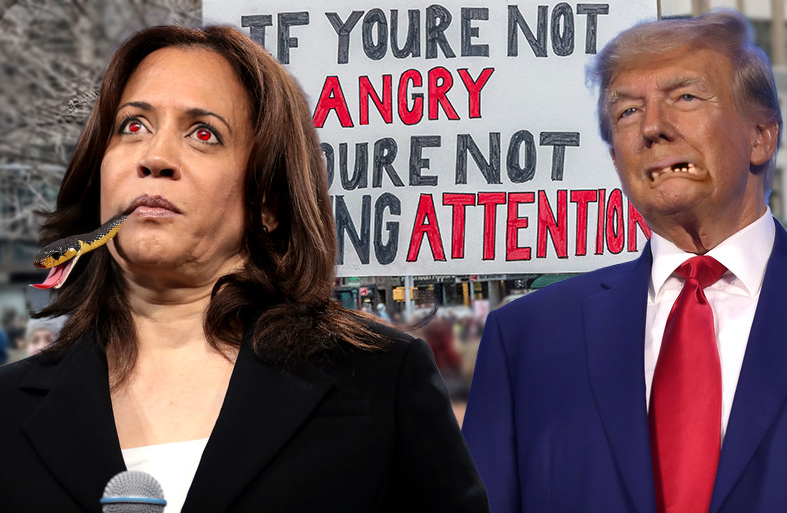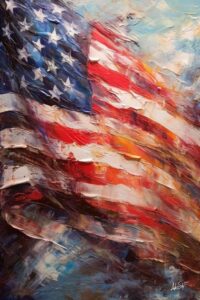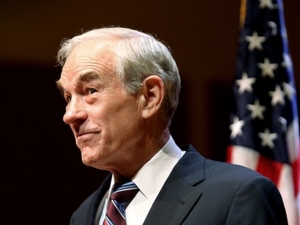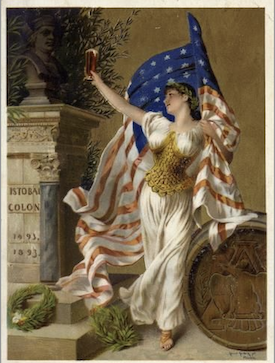 In November of this year, a new U.S. president will be elected, but after the recent debate, the tension over this decision is at a peak. People seem very discouraged, scared even. Neither main candidate seems right to a great number of people, and recently I’ve seen the term “double hater” in the news.
In November of this year, a new U.S. president will be elected, but after the recent debate, the tension over this decision is at a peak. People seem very discouraged, scared even. Neither main candidate seems right to a great number of people, and recently I’ve seen the term “double hater” in the news.
Double haters are those individuals who see both candidates as wrong on so many levels that they view themselves as having to choose between two evils. There seems to be a lot of cognitive dissonance concerning our country as well as our political system.
On the one hand, many Americans hold the belief that the United States is the greatest country in the world and democracy the best form of government, while on the other hand, many hold our political leaders in contempt. For them, the word politician is synonymous with words like corrupt.
 I can relate to this dissonance. I am a product of the public school system. I was raised in a time when the Pledge of Allegiance was still being recited at the beginning of each school day. I was taught that the American dream became a reality for the many thousands of immigrants who struggled to get here and worked hard after they did. America meant freedom and opportunity.
I can relate to this dissonance. I am a product of the public school system. I was raised in a time when the Pledge of Allegiance was still being recited at the beginning of each school day. I was taught that the American dream became a reality for the many thousands of immigrants who struggled to get here and worked hard after they did. America meant freedom and opportunity.
I was taught that our democracy was the best form of government on earth and that my participation in it was a privilege that I dare not waste by not voting. The right to vote was akin to a kind of religious rite of passage, and while I did not necessarily share in the zealousness of many voters, I looked forward to exercising my right when I became an adult.
In my late teens and early 20s, I became determined to engage responsibly in the democratic process. I began paying closer attention to candidates, watching debates and attempting to research what each one stood for. I found it all surprisingly confusing. I was supposedly prepared for this. I had received a government school education, after all. I was taught what it meant to be a good citizen, and I did not want to take that for granted, yet here I was, completely confused.
What I expected from my participation in the democratic process was the exercise of my right to contribute to the running of my country. What I got was something akin to a circus where my own vote seemed to mean next to nothing. I began to ask myself, am I in any sense truly represented by those in any elected office? Given that the average number of citizens each district representative represents is more than 760,000, I wondered how one person could realistically represent so many people?
I began to reflect and wonder whether I really had a solid understanding of what democracy actually is. I found myself time and again feeling blown about by whatever new issue was being hailed as the hill to die on for each particular candidate.
 But true liberty is not about issues, rather it is founded on the belief that each individual may, in the words of Ron Paul, “exercise human rights in any manner a person chooses so long as it does not interfere with the exercise of the rights of others.”
But true liberty is not about issues, rather it is founded on the belief that each individual may, in the words of Ron Paul, “exercise human rights in any manner a person chooses so long as it does not interfere with the exercise of the rights of others.”
Therefore, any form of interference in another’s life is a violation of the basic human right to live life as one chooses. Now, I may not necessarily agree with how a person chooses to live; however, as long as their choices do not interfere with or violate another person’s life or property, or my life or my property, then I must let them do it.
That is true liberty, true freedom. This was the philosophical foundation that I now realized must govern and restrain how I participated in the democratic process.
I had previously been taught that my personal liberty was intimately tied to my ability to express my desires through representative government. “We the people,” after all.
According to this oft-repeated phrase, the divide between the government and myself is nonexistent. I am the government. But how can this be true? At best, our nation is ruled by majority, and much of the majority has opinions that differ strongly from my own.
 I am not the only one to experience this kind of existential crisis related to our country. In fact, trust in governmental institutions is at or near record lows. I think it’s fair, therefore, if you are one of the double haters, to ask yourself these questions:
I am not the only one to experience this kind of existential crisis related to our country. In fact, trust in governmental institutions is at or near record lows. I think it’s fair, therefore, if you are one of the double haters, to ask yourself these questions:
* I in any real sense represented by this government?
* What is the role of government?
* What is democracy?
* Is America a democracy, and does this form of government actually secure one’s liberties?
Murray Rothbard, an American economist, once wrote:
“We must challenge the very idea of a radical separation between something that is ‘true in theory’ but ‘not valid in practice.’ If a theory is correct, then it does work in practice; if it does not work in practice, then it is a bad theory.”
Politics isn’t for everyone, and political philosophy can be complicated to understand; however, if we are going to participate in the running of our country by voting, we owe it to ourselves and our fellow citizens to take our concerns about our government seriously. We can trust our gut and look beyond this election and think more critically about the running of our country as a whole and ask the hard questions. We owe it to ourselves to ask those hard questions, and we owe it to the generations after us.
I love my country. It’s beautiful. I love what it stands for: liberty, solidarity with the hardworking underdog, opportunity, and freedom to worship as I choose. I don’t want to settle for being a double hater anymore; do you?
Written by Heather Carson for Intellectual TAKEOUT ~ July 26, 2024

This “holding my nose” voting has been a fact of life since Bush 2.